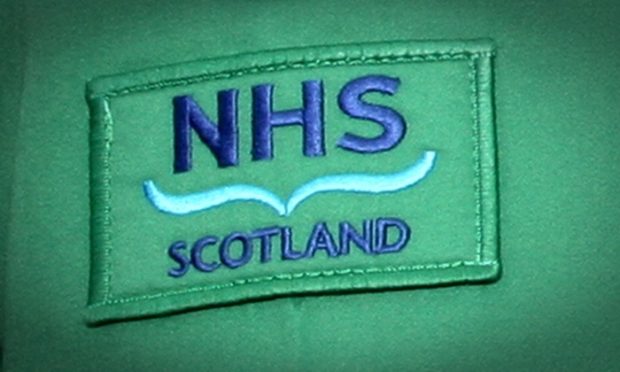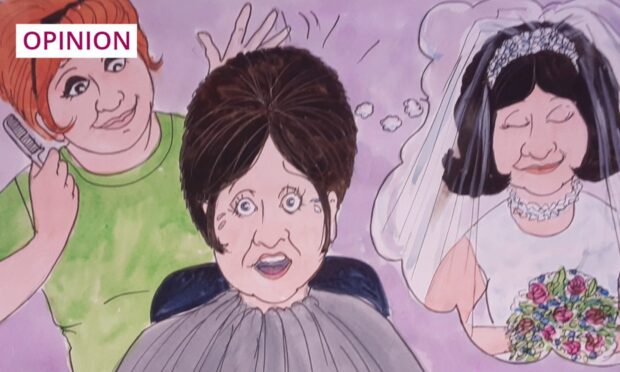Doctors and nurses are incredible people, and we’re sadly about to find out why they are genuinely nothing like the rest of us with “normal jobs”.
In a normal workplace you often hear a manager or leader talking about people going “above and beyond”.
The truth is we really never have to do that in the context of what the NHS appears likely to face. Recent months have given me additional perspective and left me in awe of all of those at the coalface of healthcare.
I had the (mis)fortune to experience a brilliant team of doctors and nurses doing their work recently.
About six weeks ago, my mum died in Aberdeen Royal Infirmary. Mum entered ARI on a Tuesday with breathing problems and a cough, she also had the dreaded “underlying health problems”.
Within five days she had a range of problems including serious respiratory issues and was in the intensive care unit. On the following Wednesday she passed away. Sadly, this process is something many people around the UK are about to experience.
When it happened I got to spend time in the hospital, be with my mum and be supported by the staff at ARI. I was amazed by the work the team delivered, particularly in Ward 101 (ICU).
I’ll call the lead doctor who was on most nights Tommy (not his real name). Tommy was incredibly smart, analytical and knowledgeable.
He was working with a huge amount of information and clearly dealing with a great amount of uncertainty about what was wrong with mum. He didn’t have perfect information because the body is not a computer.
However, the judgment and skill being used was clear to see and this was true across the two days in ICU. In addition, the care given to my mum and our family by the doctors and nurses was beyond incredible. They demonstrated humility, empathy, dignity, compassion as well as intelligence.
A small example of the care given was when at one point I found myself crying outside the ICU room. A nurse approached me, probably only about 5ft 4in, and I hugged her while I sobbed fairly uncontrollably.
The sight of a 6ft lump slumped over a nurse must have looked rather odd but I really needed some support at that moment. Rather than step away, she comforted me and spoke about what I was feeling.
Now imagine this as a situation in the workplace. How would you deal with an upset colleague? I suspect we would not feel we could comfort them, we might walk away or be scared of getting a disciplinary or something similar if we engaged too closely.
This situation we are in makes me think about the general level of care in many corporate environments. One example of a frequent lack of care is the use of the dreaded “business decision”.
I’ve heard this term dozens of times and in my view it is used when people want to abdicate themselves of the responsibility of care for other human beings.
The current situation has also shown how fragile our way of life is in a health and business context. In the past weeks many people have been subject to “business decisions”, many more will be in the months to come.
However, whether those people have been given the best care possible is doubtful and the situations leading to this suggest our current business system is flawed. This is something I find strange to admit, having been trained that the free market will always work.
Government intervention to protect people, to show some care, was the right thing to do. It seemed obvious that this was required too, which is strange given that for decades we have shown so little care for the homeless and other groups who have long needed our support.
I’m now wondering how so many of us allowed ourselves to care so little.
Moving back to the health of our population, people will be treated with the best healthcare possible at this point in time at ARI and other locations.
We are lucky to have people like Tommy and his team at the NHS. These people don’t even think or need to be asked to go above and beyond, they are making real sacrifices every day.
However, even with this care and commitment some families will come out the other side recognising the remarkable efforts of the NHS having lost someone close to them.
I can absolutely say, though, that the compassion and respect given in the NHS will provide some comfort in these dark hours as it did to me.
Perhaps, though, we all have a greater responsibility to care for others and do the right thing.
Care is like love – the more you give the more you find you have to offer.
James Bream was research and policy director at Aberdeen and Grampian Chamber of Commerce and is now general manager of Aberdeen-based Katoni Engineering










